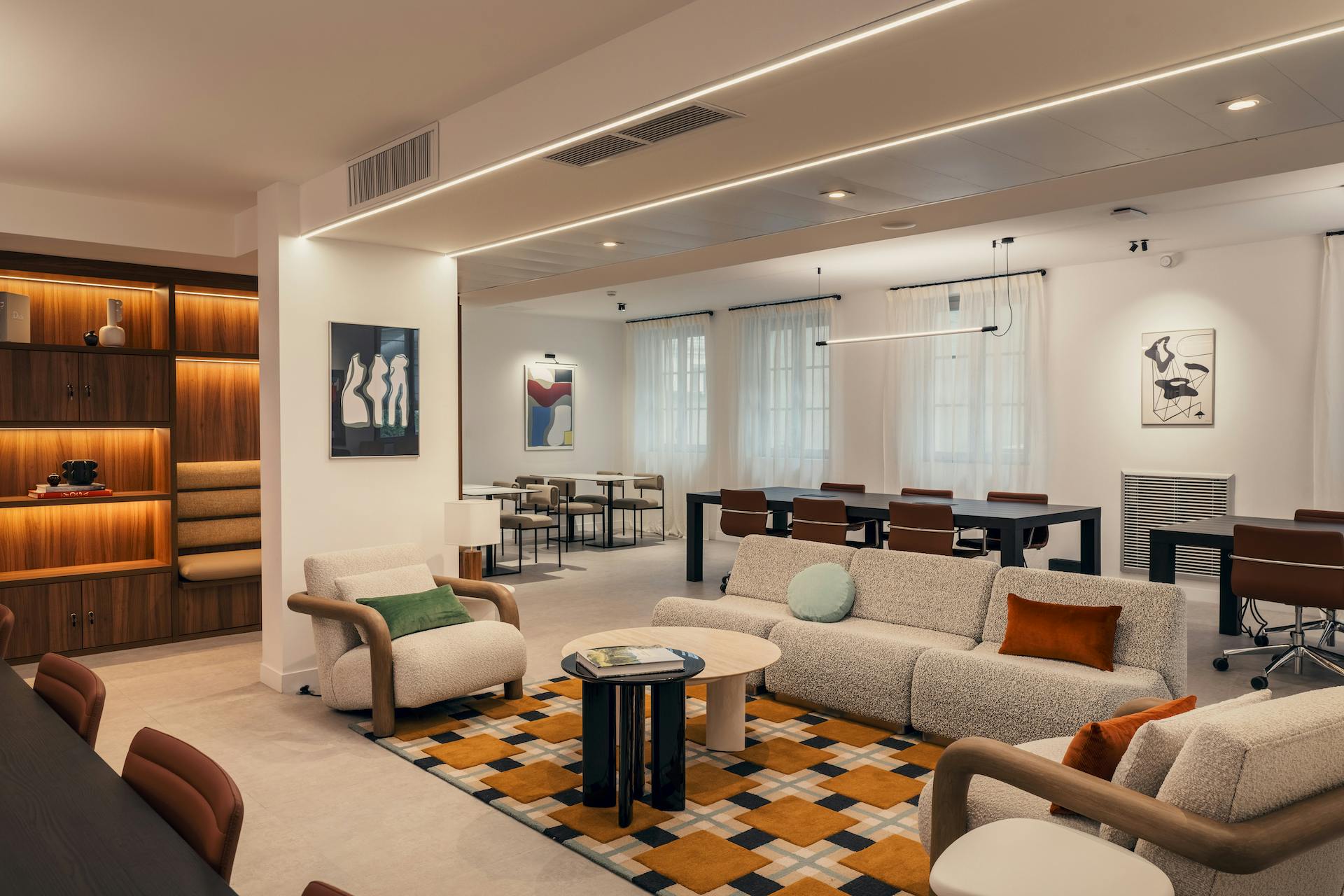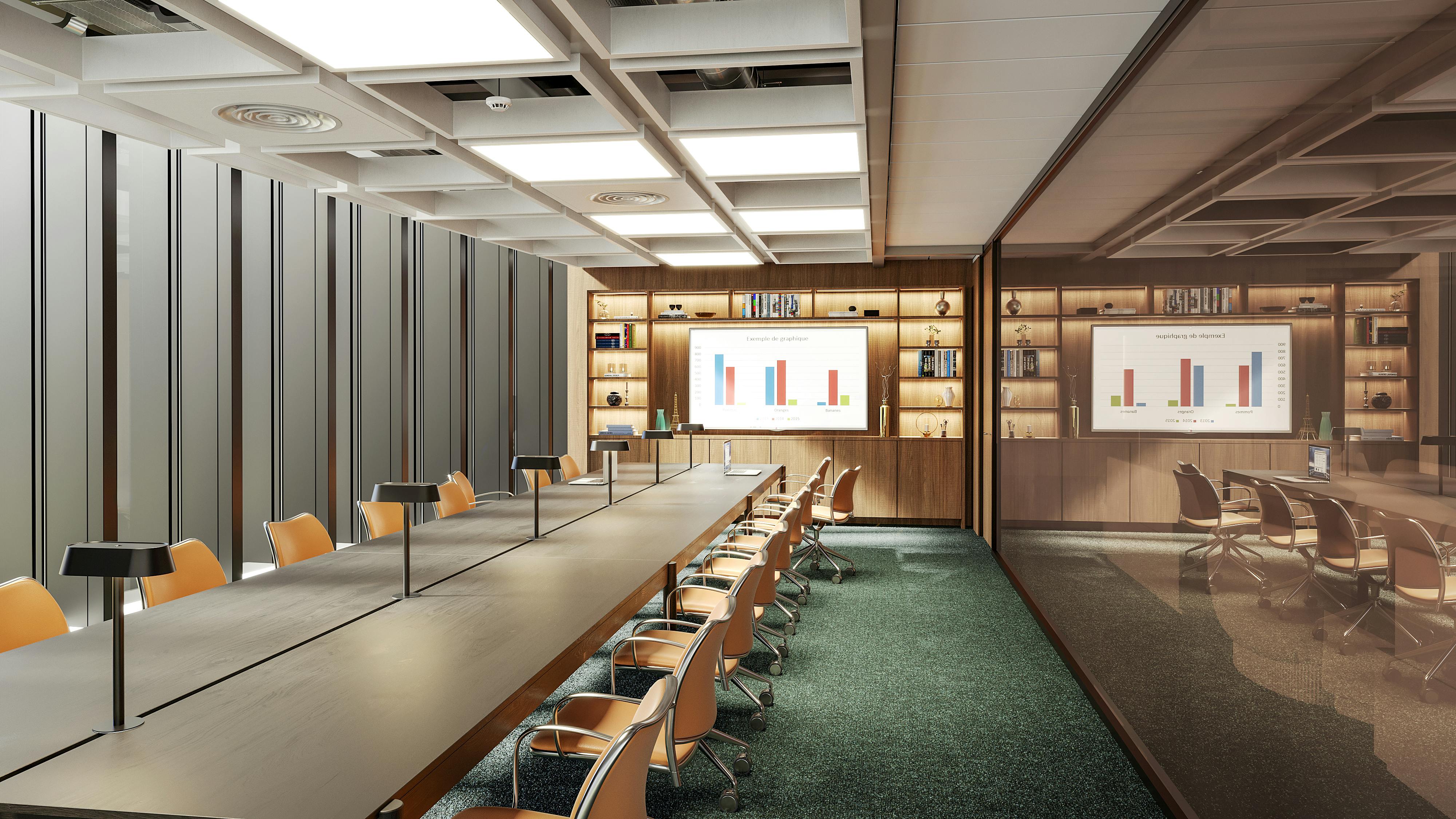

Real estate strategy - Offices in 2030 according to Deloitte

Deskeo continues its series of interviews "Offices in 2030" with Bruno Amsellem, Real Estate Advisory at Deloitte. On the agenda of this 30-minute discussion, how should companies adapt to new ways of working and what future for the post-covid office real estate market?
"We are in a period of evolution or even revolution."
Bruno Amsellem, an expert in corporate real estate consultancy for 25 years, is back today on the subject of corporate crisis management. He notes a cyclical evolution of work spaces (every 10 years). In fact, according to him, we have gone from a partitioned and dedicated office to a workspace that is attractive and sustainable for employees.
"Management will have to change and move towards something less pyramidal, less about control and more about results."
Deloitte is a very large user of office real estate, with innovative and customer and employee-oriented work spaces. Deloitte provides comprehensive advice and support to companies on CSR, digital, human capital and real estate strategy. The current concerns of companies are on the one hand the new ways of working, and on the other hand the real estate aspect.
Frank Zorn, co-founder of Deskeo, then asked him about the issue of teleworking and its application at Deloitte. Although the audit firm had already implemented a teleworking policy before the health crisis, he acknowledges that it has been widely democratised since March, as has the use of third-party locations. He also notes that employees now want to work remotely 2.5 to 3 days a week on average, compared to 1 to 1.5 days in the past.
Bruno Amsellem then analyses the real estate market and where it is heading in the future. With the increase in teleworking and the decrease in office space, he anticipates an increase in vacancy rates in areas like La Défense. However, this will not be the case for the Central Business District in Paris, which offers smaller and much needed space.
According to him, three major points emerge from the current crisis from the point of view of corporate real estate: an influx of supply, a freeing up of space and a market that varies.
Finally, Bruno Amsellem advises companies to take a more global view in the long term by giving an important place to CSR (Corporate Social Responsibility) in their strategies. He argues that companies will have to learn from what has happened in order to build the world of tomorrow by adopting more responsible and forward-looking strategies.


Contact Us
We find your Perfect fit!
